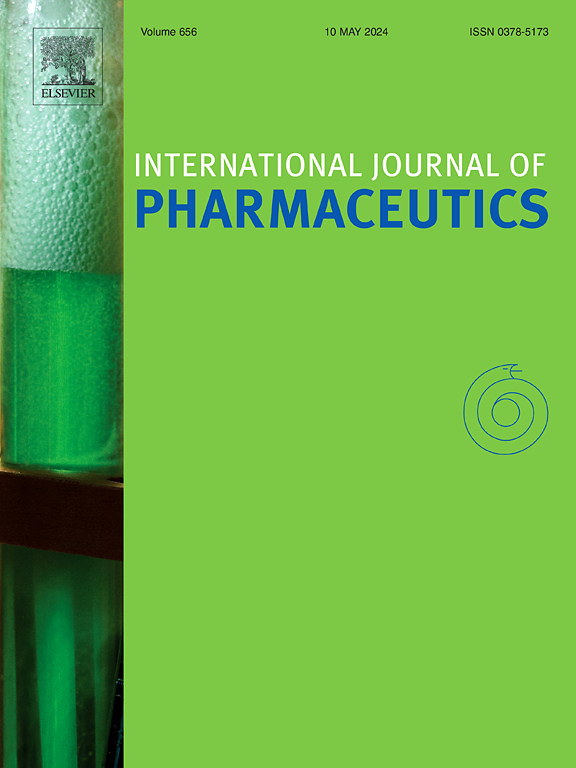植物制造训练免疫疫苗:超越一种方法
IF 5.3
2区 医学
Q1 PHARMACOLOGY & PHARMACY
引用次数: 0
摘要
植物制成的疫苗和基于训练免疫的疫苗(TIbV 或 TRAIMbV)是增强疾病免疫力的两种策略。植物提供了一个有效且成本效益高的疫苗生产平台,而 TIbV 可诱导先天免疫记忆,从而抵御同源和异源疾病。这两种策略总体上是兼容的,但尚未以跨学科的方式进行探索。尽管这两种策略在疫苗学中都有优势,但各自都面临着一些局限性,阻碍了它们的广泛应用和健康获益。这篇综述重新审视了这两种策略,讨论了它们的基本知识以及实际和实验案例,最终强调了它们的局限性和前景,为统一的抗病方法铺平了道路。如果采用植物制成的训练有素的免疫疫苗研究,本文将对未来的情景进行展望和介绍。本文章由计算机程序翻译,如有差异,请以英文原文为准。

Plant-made trained immunity-based vaccines: Beyond one approach
Plant-made vaccines and trained immunity-based vaccines (TIbV or TRAIMbV) represent two strategies for enhancing immunity against diseases. Plants provide an effective and cost-efficient vaccine production platform, while TIbV induces innate immune memory that can protect against both homologous and heterologous diseases. Both strategies are generally compatible; however, they have not been explored in a transdisciplinary manner. Despite their strengths in vaccinology, each faces limitations that hinder widespread adoption and health benefits. This review revisits both strategies, discussing their fundamental knowledge alongside practical and experimental examples, ultimately highlighting their limitations and perspectives to pave the way for a unified approach to combat diseases. Future scenarios are envisioned and presented if research on plant-made trained immunity-based vaccines is adopted.
求助全文
通过发布文献求助,成功后即可免费获取论文全文。
去求助
来源期刊
CiteScore
10.70
自引率
8.60%
发文量
951
审稿时长
72 days
期刊介绍:
The International Journal of Pharmaceutics is the third most cited journal in the "Pharmacy & Pharmacology" category out of 366 journals, being the true home for pharmaceutical scientists concerned with the physical, chemical and biological properties of devices and delivery systems for drugs, vaccines and biologicals, including their design, manufacture and evaluation. This includes evaluation of the properties of drugs, excipients such as surfactants and polymers and novel materials. The journal has special sections on pharmaceutical nanotechnology and personalized medicines, and publishes research papers, reviews, commentaries and letters to the editor as well as special issues.

 求助内容:
求助内容: 应助结果提醒方式:
应助结果提醒方式:


